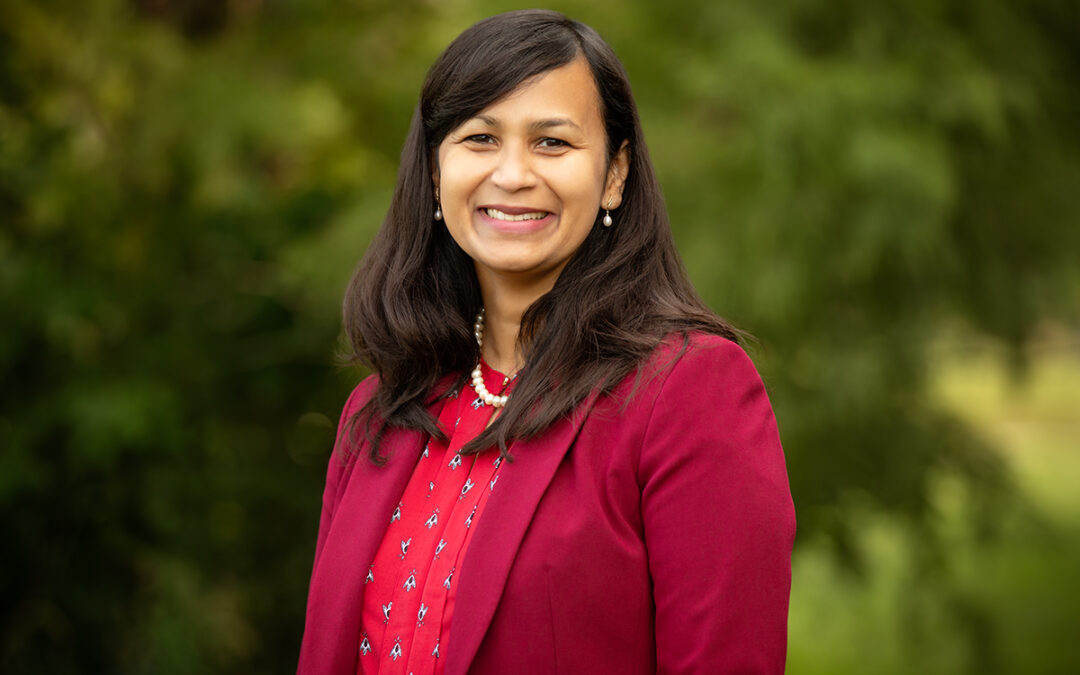Project title: “Elucidating the Role of Minor Cannabinoids on Immune Cell Activation Involved in Lung Cancer Metastatic Progression”
Research team includes: David Sarlah (Prinicipal Investigator), assistant professor of chemistry, and Timothy Fan, professor of veterinary clinical medicine
What led to your exploration of cancer?
Cancer is one of the most detrimental diseases so far, although there are many types of cancer that can be cured completely when diagnosed at an early stage. Yet, in the case of lung carcinoma the survival is very minimal as in most cases the patients are diagnosed at a later stage. Hence, in our study we would like to test phytocannabinoids and their role in cancer. All of us know someone close who lost their life to cancer. When I was 13, my best friend was diagnosed with osteosarcoma and died within 2 years of her diagnosis due to lack of funds and treatment options. The helplessness that I saw in her parent’s eyes losing their first born to cancer cannot be described in words. Even now several rare childhood cancers such as osteosarcoma do not have a cure, but there is hope. My exploration of cancer research is to give hope.
Can you provide a short summary of your project?
Cannabis has been increasingly used by patients living with cancer, predominantly for pain control. There is an urgent need for more scientific research on potential benefits or harms of minor cannabinoids in the treatment of cancer patients.
How will your project advance cancer research?
Phytocannabinods have great role in modulating inflammation and other disorders. We expect to develop or identify naturally available compounds in treating cancer.
How did the CCIL Seed Grant benefit your research?
It has enabled us in synthesizing minor phytocannabinods and testing their efficacy in cancer cell lines that will be tested in preclinical animal models. This grant has helped in igniting the cross-department collaboration to study if cannabis can be used as an adjuvant to immunotherapy.
Was there anything you were able to accomplish, that you might not have been able to, if you had not received the grant?
This exciting project would not have been possible without the SEED grant support. It has given us a great opportunity to study the effect of the compounds. There are many other phytocannbinods whose properties are not well understood due to lack of efficient synthesis process. In this study, we synthesize these compounds and study their anti-cancer properties.
Why is it important to support cancer research?
Cancer is a multifactorial disease and cannabis use is common among cancer patients. Research is needed in this are to develop safe and effective methods to prevent, diagnose and treat cancer. Research has helped us understand onset growth and spread of cancer in the body.
What areas of cancer research/technology do you hope to explore more as a result of your research findings?
Drug discovery process, efficacy of cannabis in cancer research, and understanding cannabis metabolism in the context of cancer.
Are there any plans for clinical or industry translations of these projects in the near future? If so, what do they look like?
Cannabis is already used widely in cancer patients for pain management. Our studies will bring scientific evidence and clarity to understanding how they work. It is very important to do fundamental research which is a segway to drug development.

